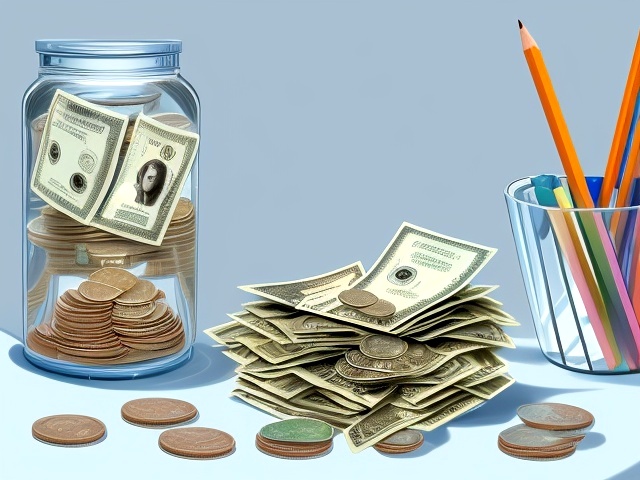How much debt is bad?

Debt: The Positive and Negative Effects
Debt is an unavoidable fact of life that is often seen as a necessary evil in order to achieve higher levels of success and prosperity. On one hand, debt can be beneficial if used as a tool to help grow and reshape businesses, fund investments, and increase access to liquid capital. On the other hand debt can become problematic with spiraling interest rates and repayment obligations.Good Debt vs. Bad Debt
In financial circles, there is an accepted axiom--good debt is used to acquire something that has a lasting value, whereas bad debt is incurred from something that has a disproportionate amount of cost and/or only short-term benefits. Good debt can include such things as taking on a business loan, mortgages, or car loans to purchase an asset such as a house, car, or investment property respectively. Bad debt, on the other hand, are things such as recurring credit card debt, payday loans, and any type of loan that is taken out to pay for non-essential items.The Amount of Debt That Is Too Much
The amount of debt that someone can safely carry without running into serious financial issues often vary from person to person. Good debt is generally tolerated, while bad debt should typically be limited as much as possible. When it comes to bad debt, a general guide is to add up the total cost of all interest payments and other expenses associated with carrying that debt, and make sure the amount is less than 25% of your total monthly income.Managing & Paying off Debt
Once someone has determined how much debt is too much, the following steps are recommended in order to start paying off and managing the debt:- Analyze Your Current Bills:
- Start by determining a baseline of your current financial situation and all outstanding bills.
- Once you have identified the total amount of debt incurred, prioritize which debts should be paid off first by taking into factor things such as interest rates, repayment terms, and penalties.
- Adjust Your Budget:
- Analyze your budget to see where you can make adjustments.
- Try to shift more of your disposable income into paying off debt.
- Use Extra Incomes for Debt Repayment:
- Use any available tax refunds, bonuses, or other incomes to start paying off your debt.
- Pay More Than Minimum:
- Paying more than the minimum payment will help to reduce the total amount of debt faster.
- Prioritize paying off the debt with the highest interest rates first.
Conclusion
Debt can be a useful tool to increase success, but too much of it can cause serious financial strain. It’s important to stay aware of how much debt is too much and remain vigilant in managing and paying it off. A good rule of thumb is to make sure your total cost of debt does not exceed 25% of your monthly income. With the right strategies and dedication, it is possible to get out of debt and improve your financial situation.Was this article helpful?0 Posted by: 👨 Joseph N. Lewis

